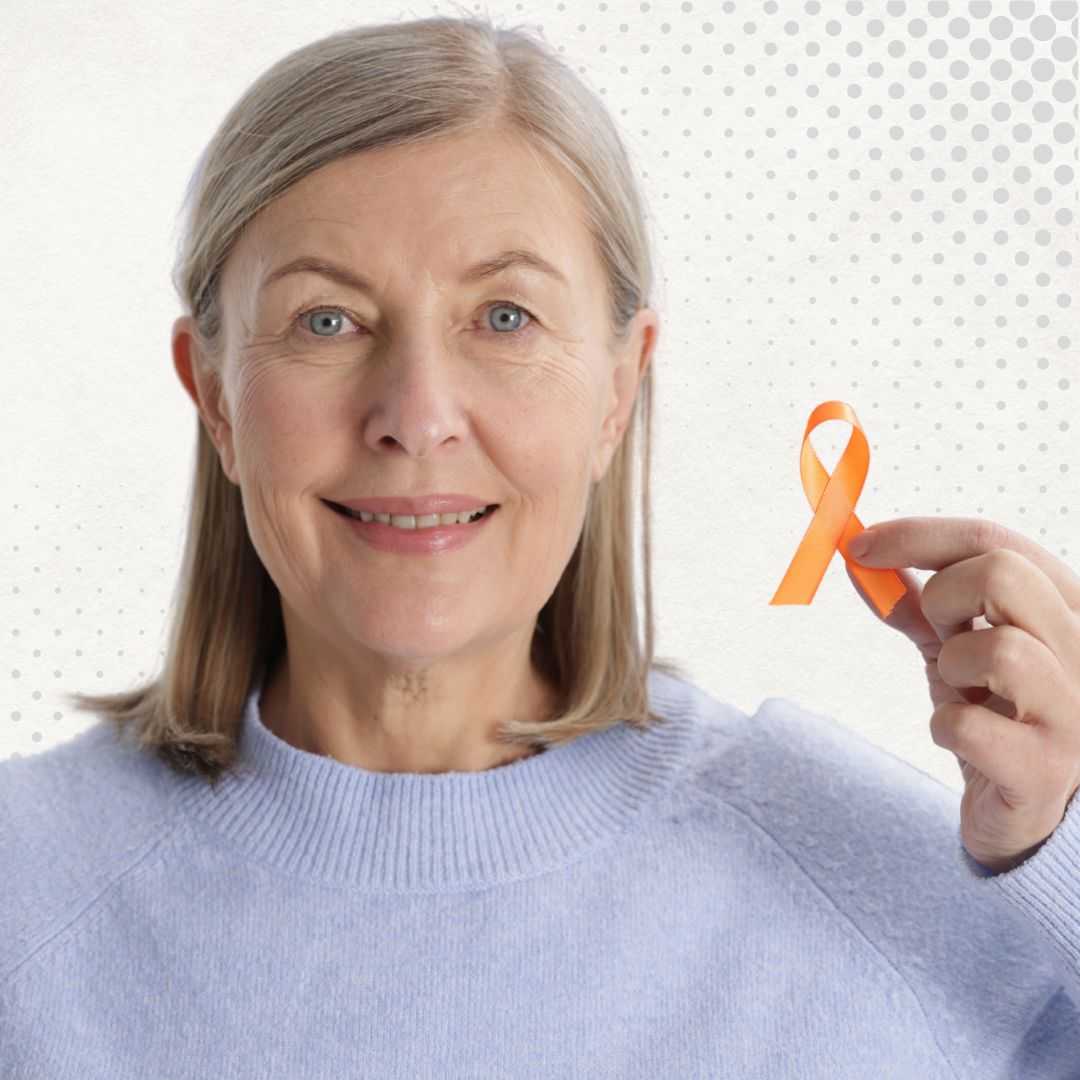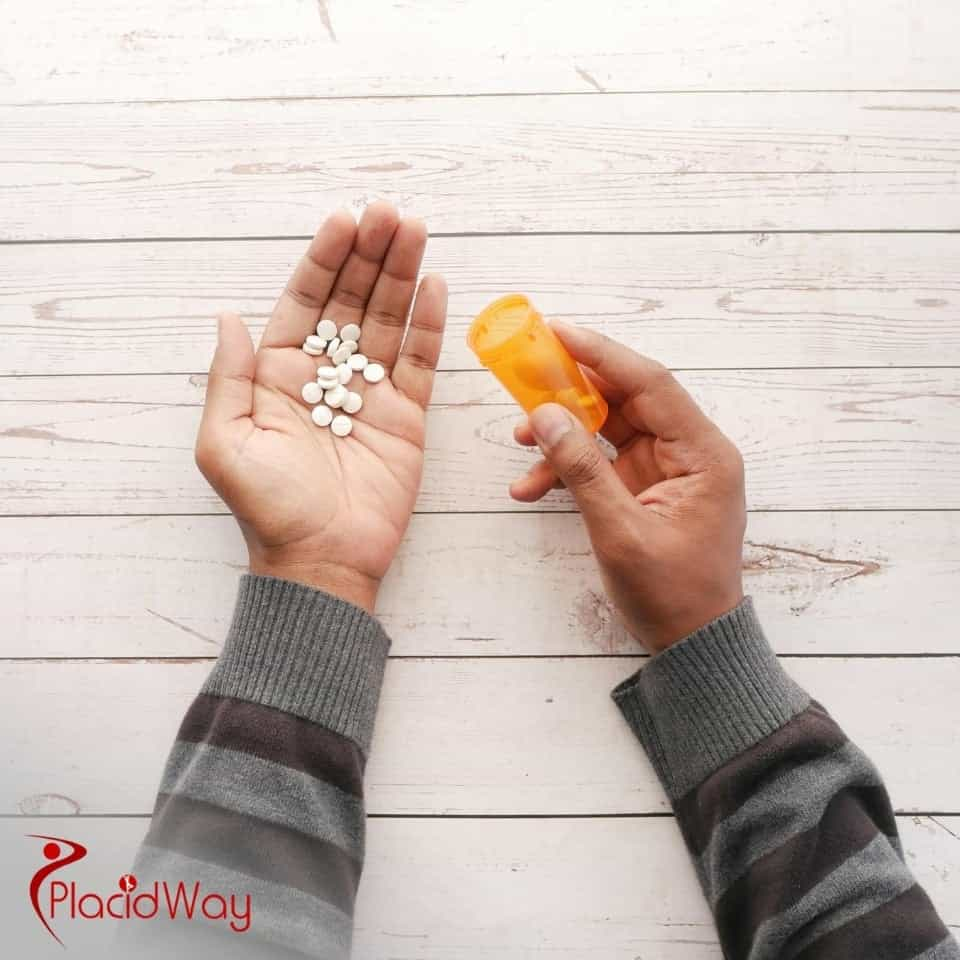The Ibogaine Treatment Process Step by Step

Ibogaine treatment is not a quick fix; it’s a profound therapeutic intervention that requires careful medical supervision and psychological support. Patients can anticipate a multi-stage process that begins well before the administration of ibogaine and extends long after the acute experience.
The goal is not only to interrupt addiction but also to provide a foundation for sustained wellness and a deeper understanding of underlying issues. This guide will walk you through each phase, helping you know what to anticipate every step of the way.
What is ibogaine and how does it work for addiction?
Ibogaine is a naturally occurring psychoactive substance found in the root bark of the Tabernanthe iboga shrub, native to West Central Africa. It has been traditionally used in spiritual ceremonies for centuries. In a clinical setting, it's increasingly recognized for its potential in treating substance use disorders, particularly opioid addiction, and for addressing certain mental health conditions.
What does the screening process at an ibogaine clinic involve?
Typically, patients can expect a comprehensive medical evaluation that includes:
- Detailed Medical History: A thorough review of past and present health conditions, medications, surgeries, and family medical history. It's crucial to be completely honest during this phase.
- Blood Tests: These evaluate liver and kidney function, blood cell counts, electrolyte balance, and can screen for infectious diseases.
- Urinalysis: Checks for drug use, kidney issues, and other health markers.
- Electrocardiogram (ECG/EKG): Several ECGs are usually performed to assess heart health and identify any existing arrhythmias or structural heart abnormalities that could contraindicate ibogaine treatment. In some cases, a 24-hour Holter monitor might be required.
- Psychological Evaluation: A mental health professional will assess the patient's psychological state, history of mental health conditions, and readiness for the introspective aspects of ibogaine. Certain conditions like psychosis or severe anxiety disorders might preclude treatment.
What happens during the ibogaine treatment session itself?
The core ibogaine treatment session is a highly supervised and intensive process. Once a patient has been medically cleared, they will be prepared for the experience, which often takes place in a quiet, comfortable room designed for minimal external stimulation. The environment is crucial for allowing the patient to focus internally.
What are the potential side effects and risks of ibogaine treatment?
While ibogaine treatment can be profoundly beneficial, it is a powerful substance with potential side effects and risks. It is precisely because of these risks that treatment must always be administered in a highly controlled, medically supervised environment by experienced professionals in a dedicated ibogaine clinic.
A reputable ibogaine clinic mitigates these risks through thorough pre-screening, continuous medical monitoring, and immediate access to emergency medical care.
Understanding these potential challenges allows patients to approach the treatment with informed awareness, emphasizing the importance of choosing a clinic with a strong track record of safety and expertise.
How long does recovery and aftercare typically last at an ibogaine clinic?
The duration of recovery and aftercare at an ibogaine clinic is multifaceted, with distinct phases designed to support the patient's journey towards lasting well-being. It's important to differentiate between the immediate post-treatment period within the clinic and the ongoing commitment to aftercare once the patient leaves.
How do ibogaine clinics ensure patient safety during treatment?
Patient safety is the cornerstone of responsible ibogaine treatment. Given the potent nature of ibogaine, clinics that adhere to high standards implement a multi-layered approach to minimize risks and ensure the well-being of every patient. This commitment to safety is what distinguishes a professional ibogaine clinic.
What happens after discharge from an ibogaine clinic?
Discharge from an ibogaine clinic marks the beginning of a new phase in the recovery journey, not the end. While the immediate physical detox and the profound introspective experience are complete, the work of integrating these insights into daily life and building a foundation for sustained sobriety is just starting. A responsible ibogaine clinic will ensure that every patient leaves with a clear and actionable aftercare plan.
The journey post-discharge is a continuous process of growth and self-discovery. The dedicated support and comprehensive aftercare planning provided by a reputable ibogaine clinic are designed to empower patients to navigate this path successfully and build a sustainable, drug-free life.
What is the typical duration of stay at an ibogaine clinic?
When considering ibogaine treatment, a common question patients have is how long they will need to be away from their regular lives.
The duration of stay at an ibogaine clinic is carefully structured to ensure both the safety and effectiveness of the therapeutic process. It's not just about the moment ibogaine is administered, but the entire arc of preparation, experience, and initial integration.
The exact duration can be customized based on individual needs, the type of substance dependence, and the patient's overall health and recovery goals.
However, a stay of at least one to two weeks is generally recommended by expert ibogaine clinics to ensure all critical phases are adequately addressed for a safe and effective outcome.
Ready to explore options for your health journey? Explore PlacidWay for solutions related to medical tourism and healthcare services.


.png)









Share this listing